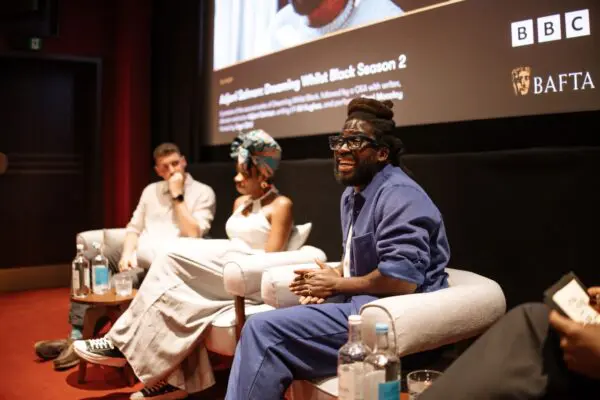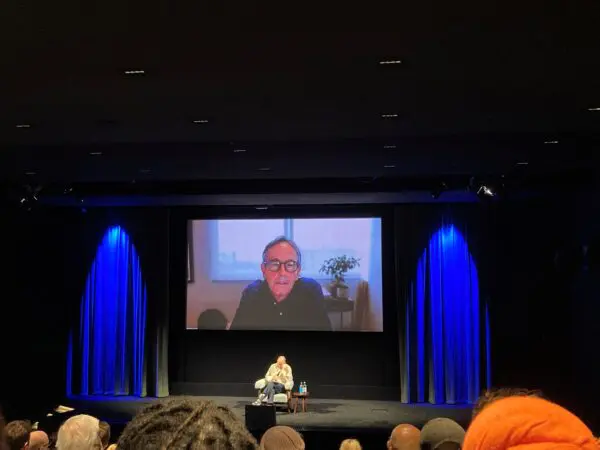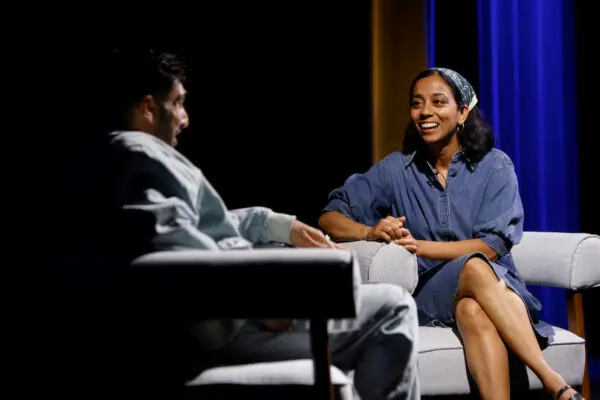Delivering BAFTA’s annual television lecture for 2017, television producer Jane Featherstone expressed that while the nature of television is changing, it is important that audiences can continue to connect to and learn from each other through the medium.
Over the course of her career, Featherstone has worked on many acclaimed drama series including BAFTA-winning Broadchurch, Spooks, Humans and Life on Mars. Formally chief executive of Kudos and co-chair of Shine UK, in 2015 Featherstone co-founded Sister Pictures, an independent production company specialising in scripted stories such as the BAFTA-nominated series Flowers.
In her lecture titled ‘The Urgency of the Long Game and Other Stories’, Featherstone stressed the importance of investing in the future workforce of the television industry and “meaningfully support, train and develop a new generation of inspiring, great writers.” She argued that in the changing landscape with the rise of streaming services, championing new talent and telling stories that represent the world we live in are crucial to upholding creative excellence on mainstream broadcast television.









